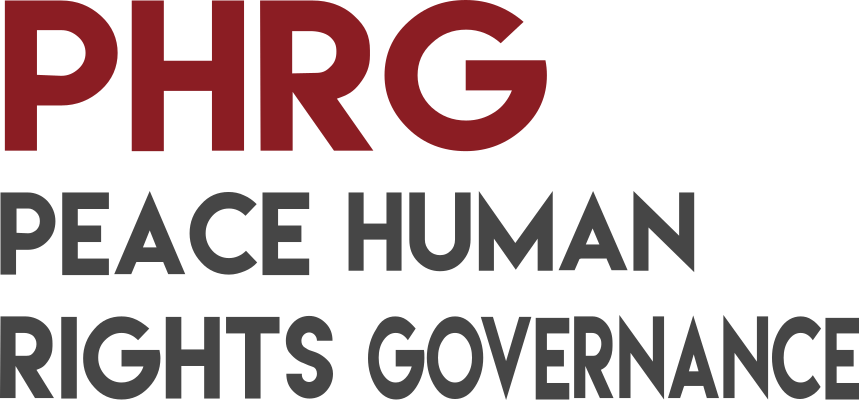People with a sexual orientation other than heterosexual and/or a non cis-gender identity (i.e. people whose current gender identity does not match the sex they were assigned at birth), non-binary gender expression, or sex characteristics which do not fit the normative definitions of female and male frequently face human rights violations ranging from physical violence to discrimination. There is no international legal instrument protecting human rights related to sexual orientation, gender identity, gender expression, or sexual characteristics: LGBTI*-people must frame their claims under existing human rights. They have to translate the violations on grounds of sexual orientation, gender identity, gender expression, and sexual characteristics into the language of international human rights. The attempt to translate LGBTI*-rights claims into the language of global human rights can be read as ‘upward translation’. During this process of upward translation, recognition of LGBTI*-human rights is negotiated between human rights treaty bodies, States Parties to human rights treaties and LGBTI*-NGOs. Although the recognition of LGBTI*-human rights advances rather slowly – this opens up a space for a diverse and enlarged understanding of human rights. I suggest understanding the process of translating human rights claims of LGBTI*-people into the language of the Convention on the Elimination of All Forms of Discrimination against Women (CEDAW) as an example of ‘upward translation’. In this paper, I will show how this culture of translation may change the language of human rights.
Upward Translations - The Role of NGOs in promoting LGBTI*-Human Rights under the Convention on the Elimination of All Forms of Discrimination Against Women (CEDAW)
Abstract
Keywords
Download
Greif E. (2020) "Upward Translations - The Role of NGOs in promoting LGBTI*-Human Rights under the Convention on the Elimination of All Forms of Discrimination Against Women (CEDAW)
" Peace Human Rights Governance, 4(1), 9-34. DOI: 10.14658/PUPJ-PHRG-2020-1-1
Year of Publication
2020
Journal
Peace Human Rights Governance
Volume
4
Issue Number
1
Start Page
9
Last Page
34
Date Published
03/2020
ISSN Number
2532-649X
Serial Article Number
1
DOI
10.14658/PUPJ-PHRG-2020-1-1
Section
Articles

 © 2024 Padova University Press - Università degli Studi di Padova
© 2024 Padova University Press - Università degli Studi di Padova